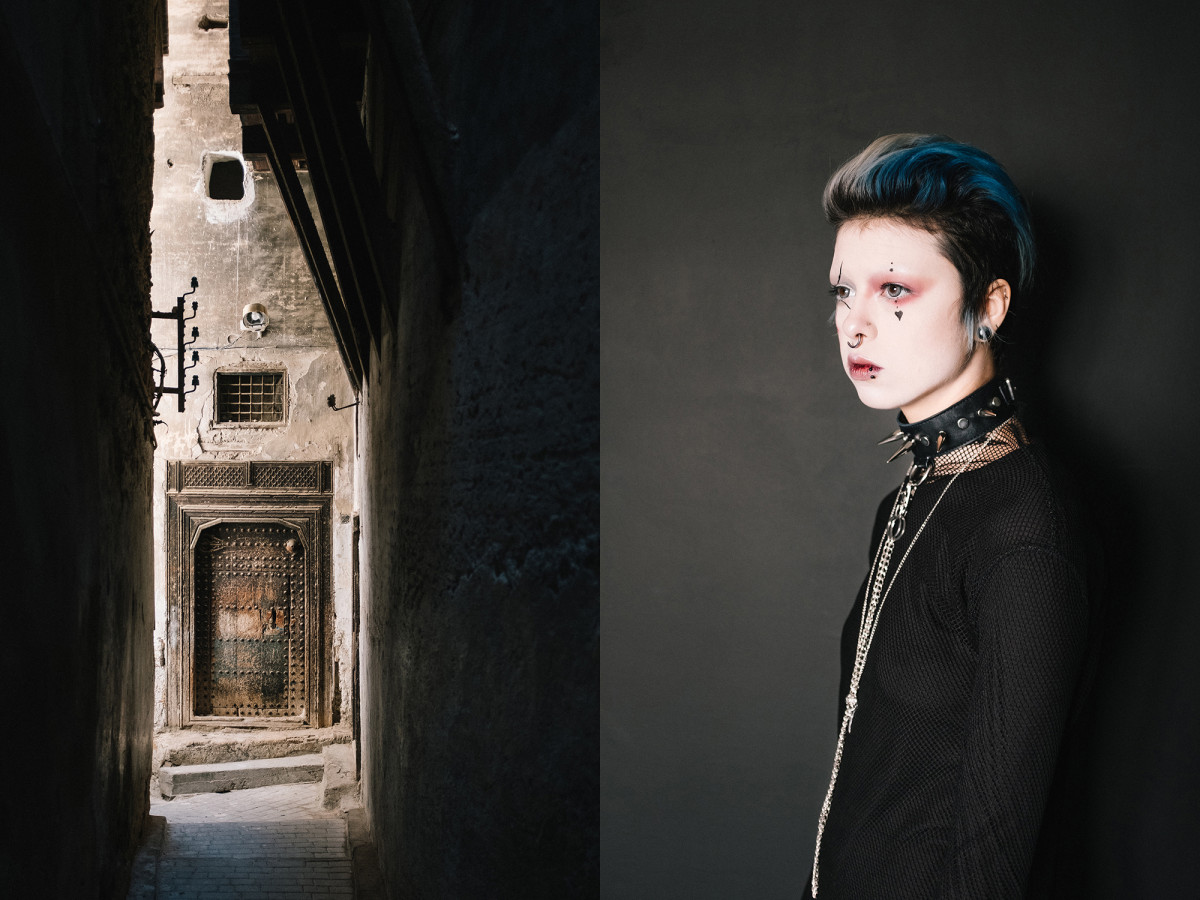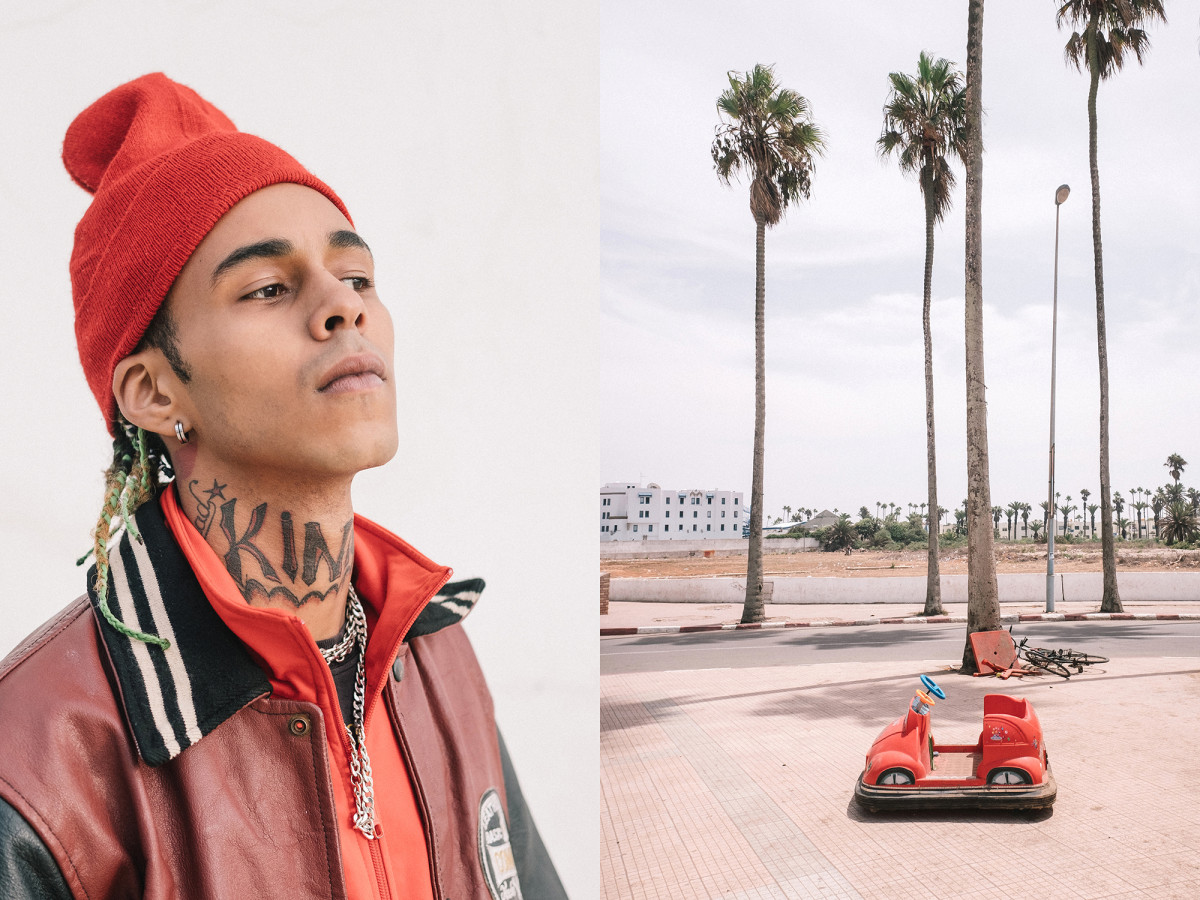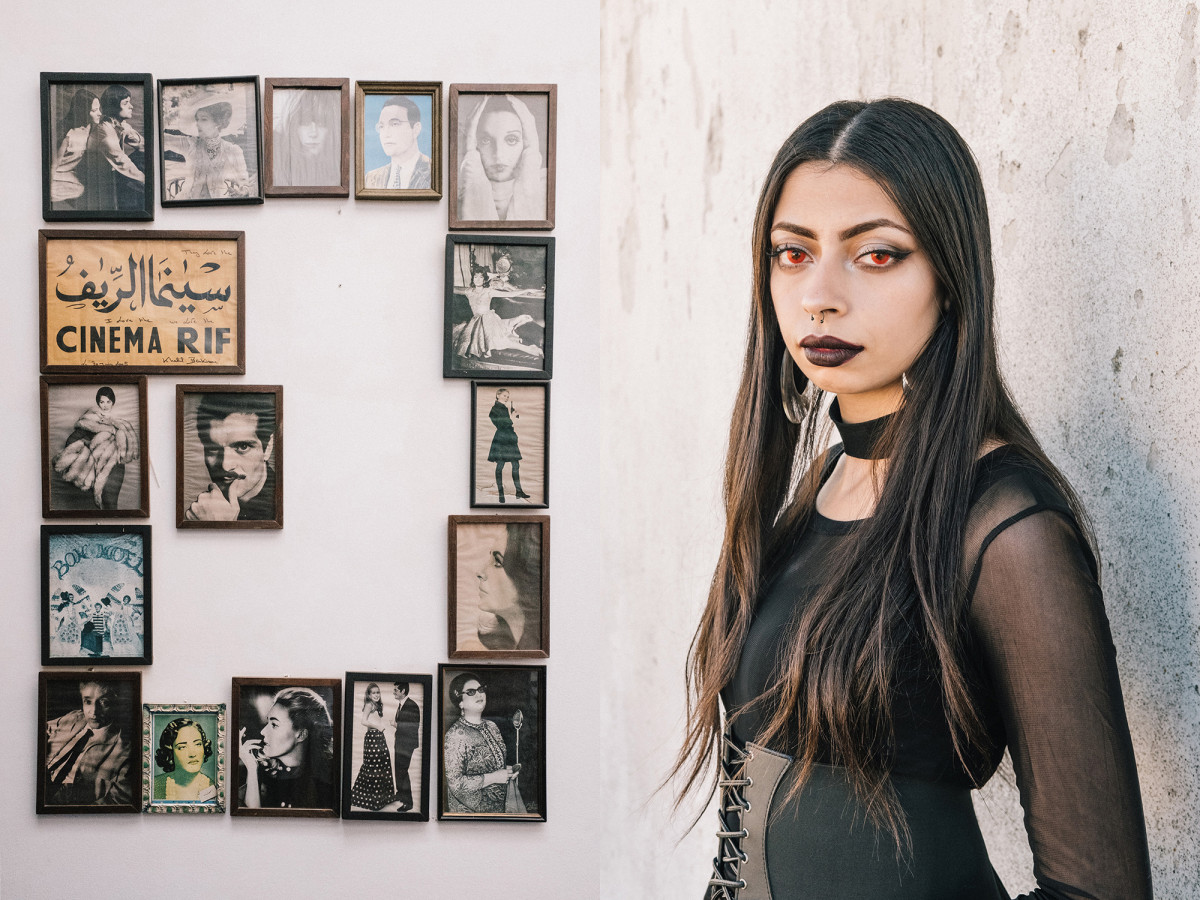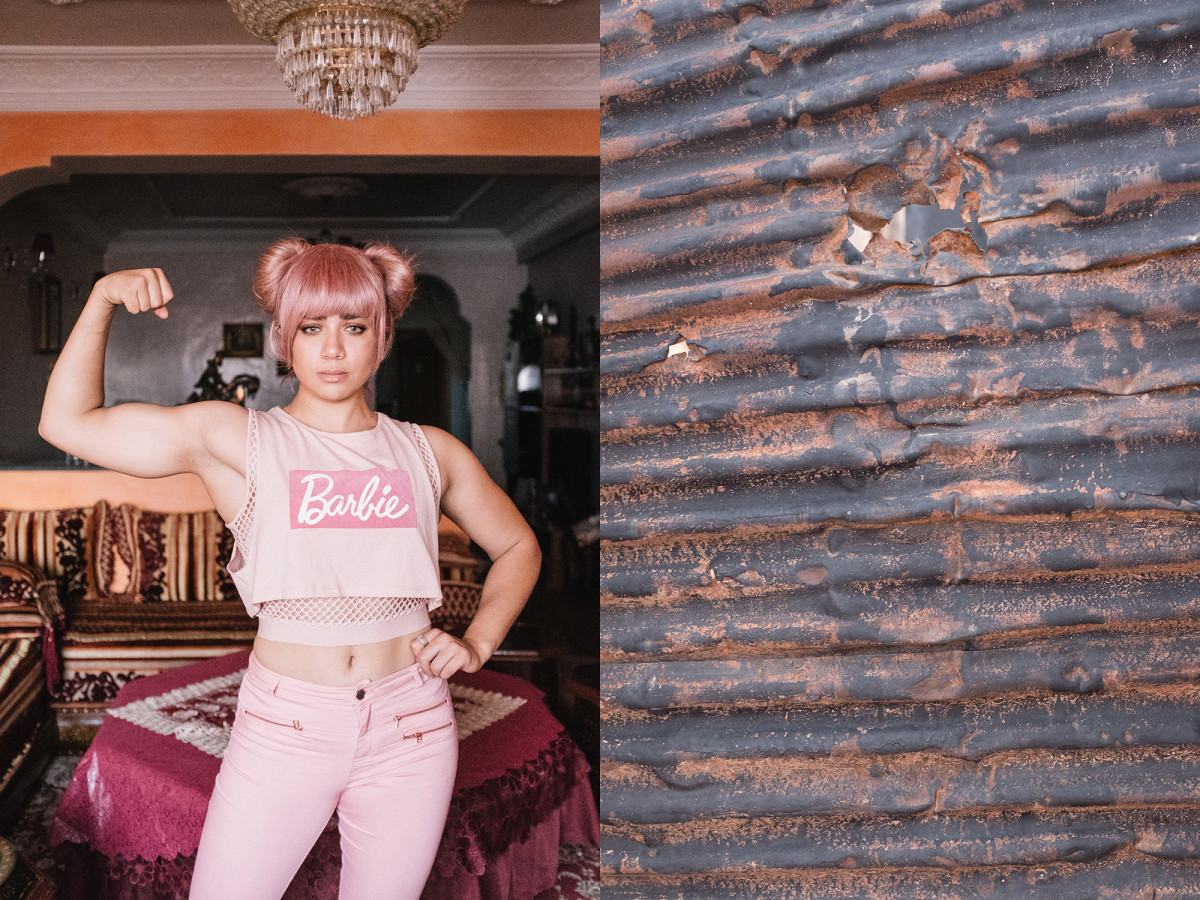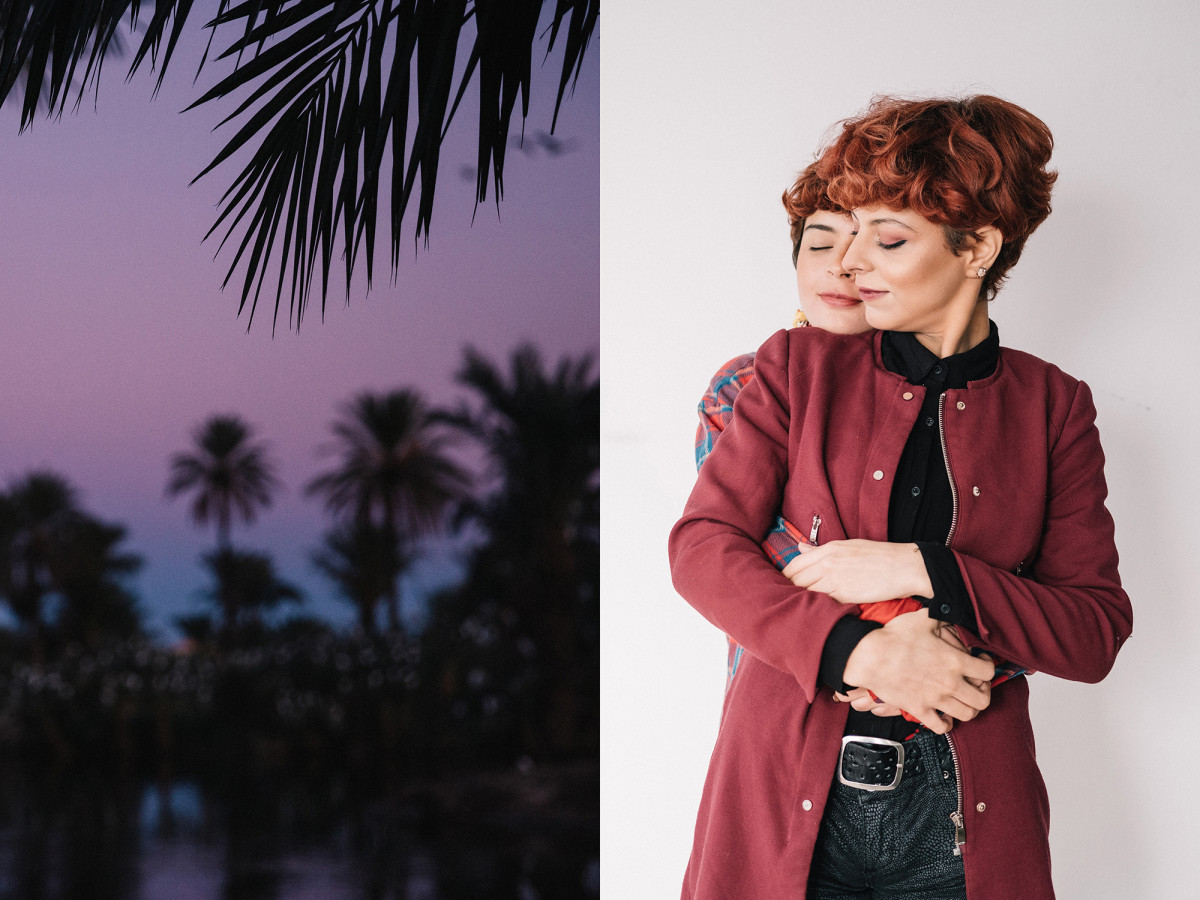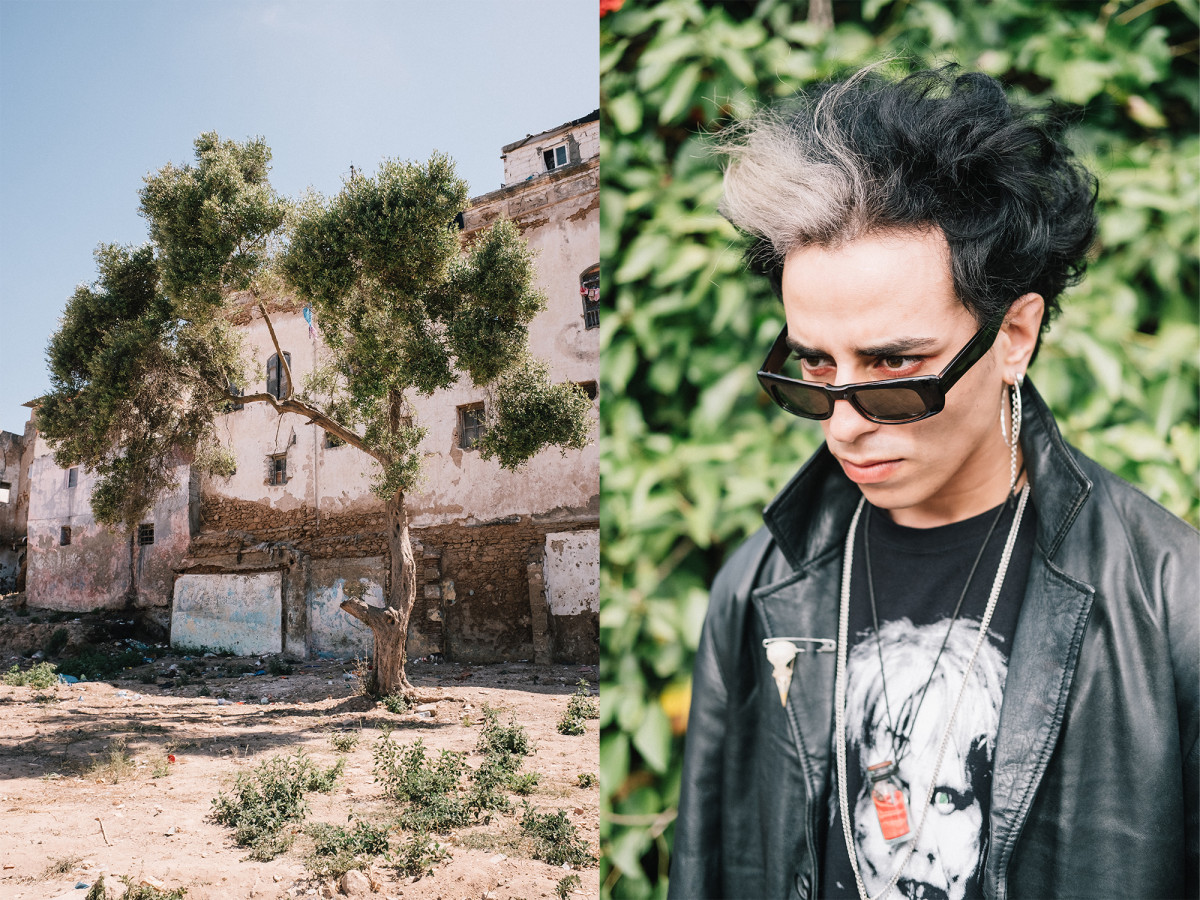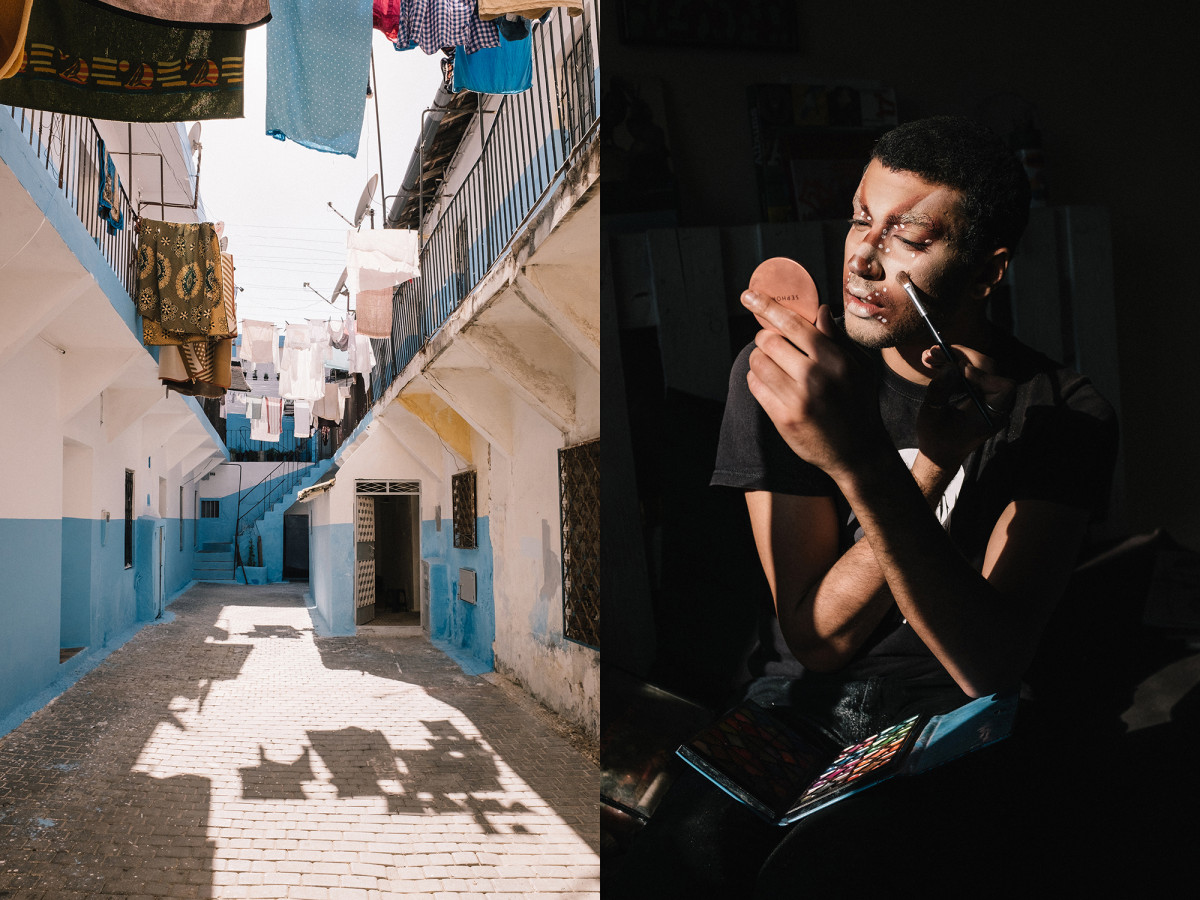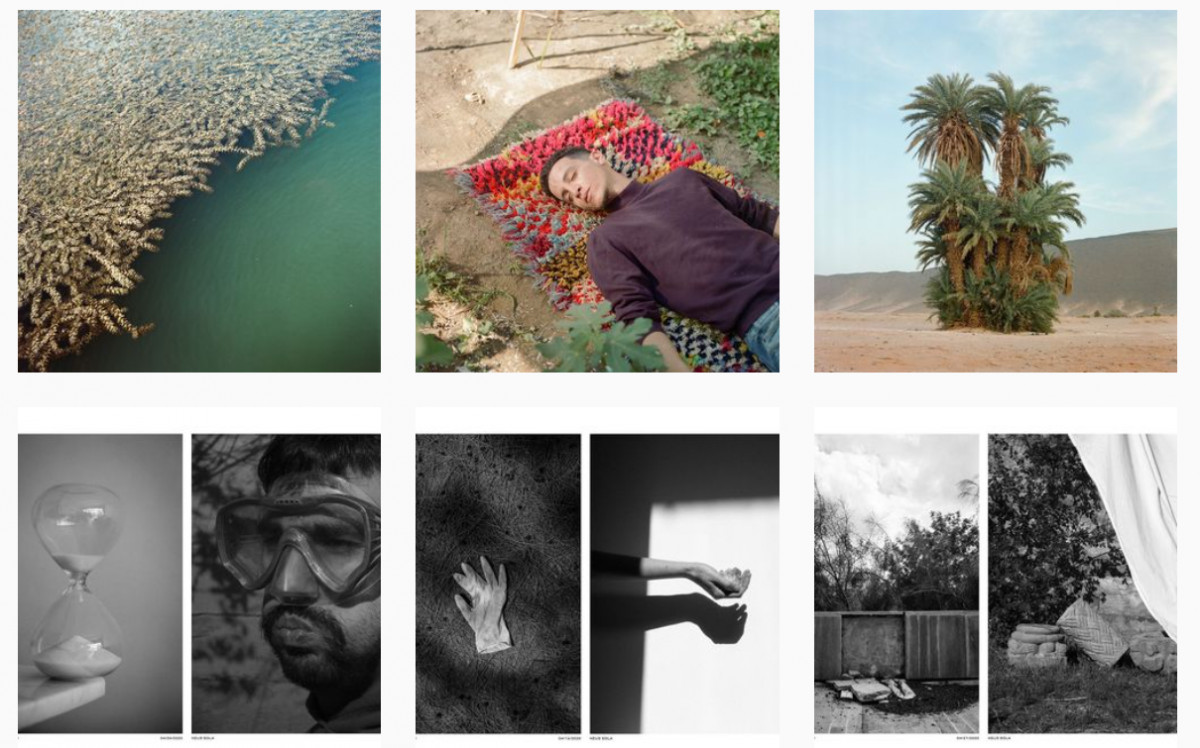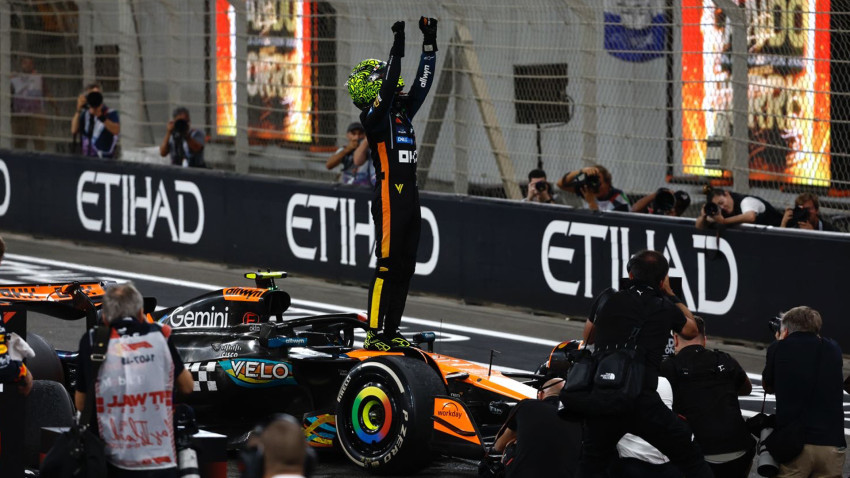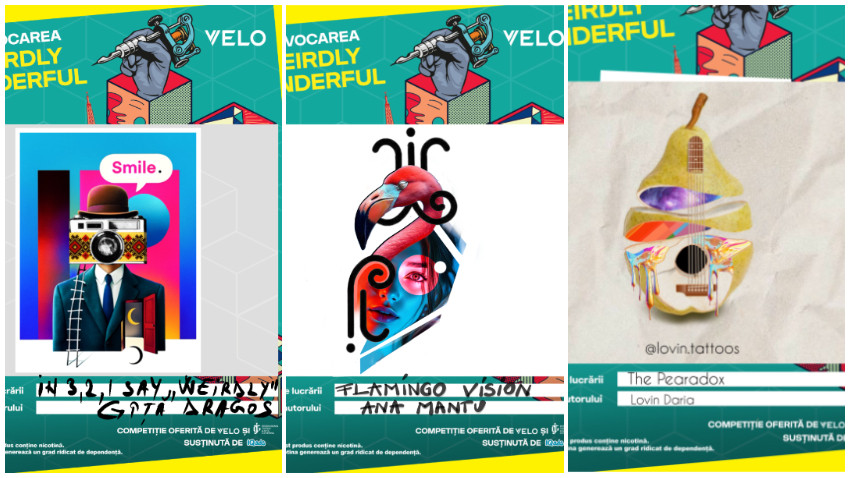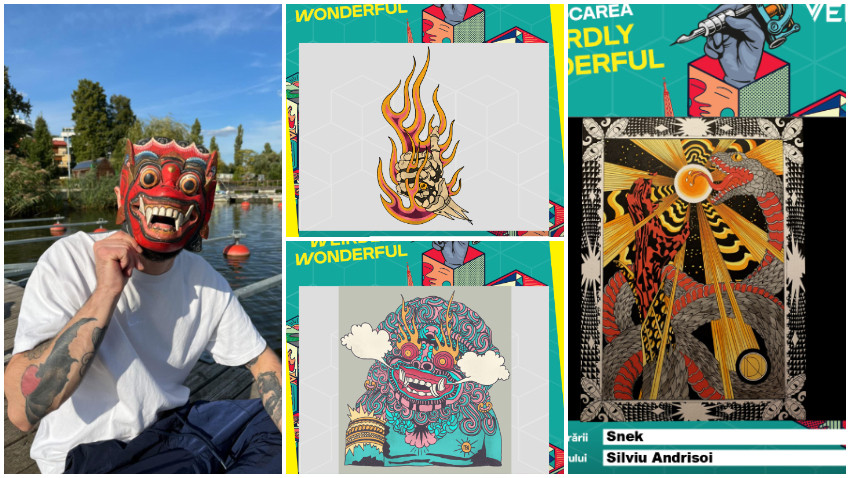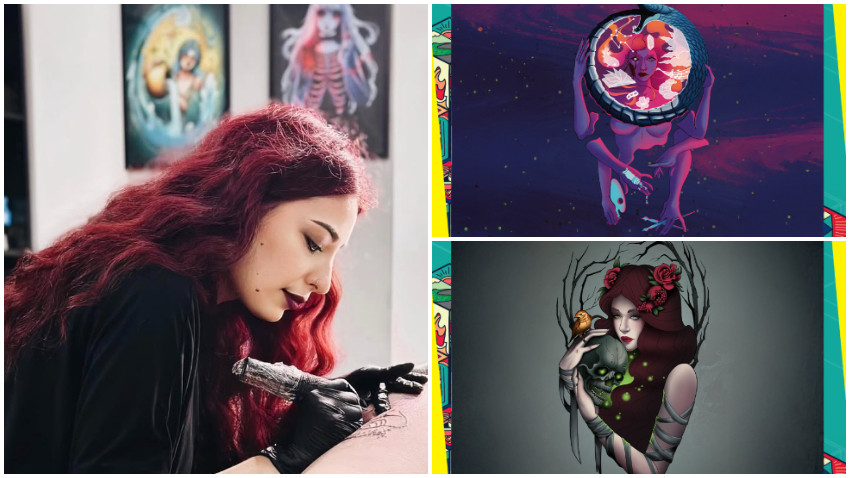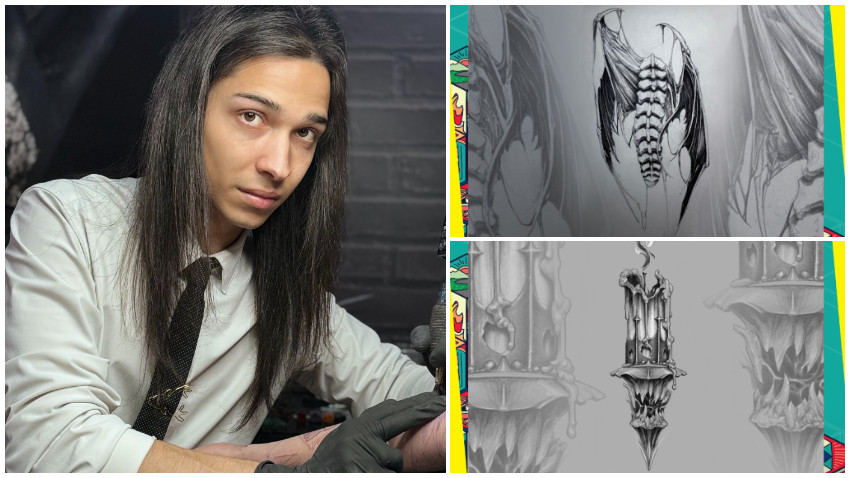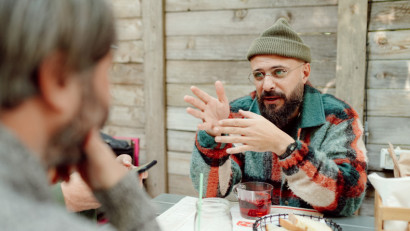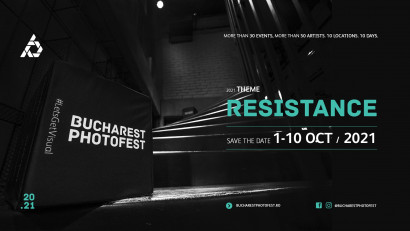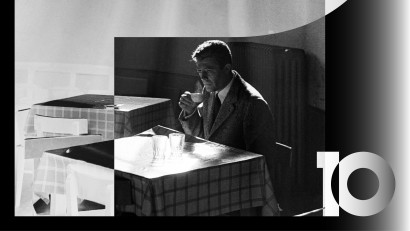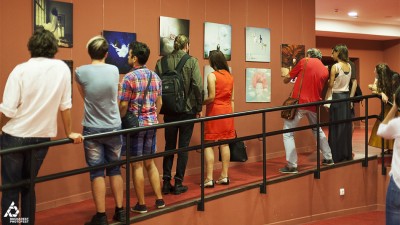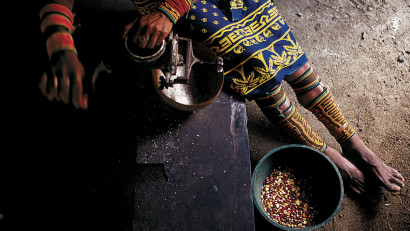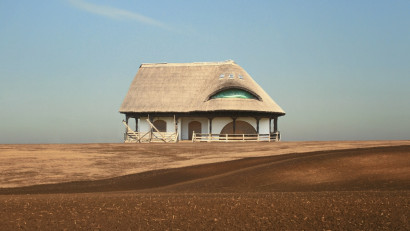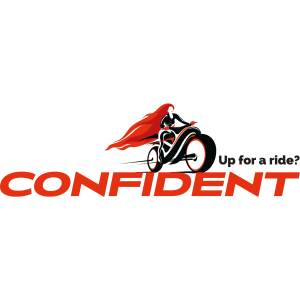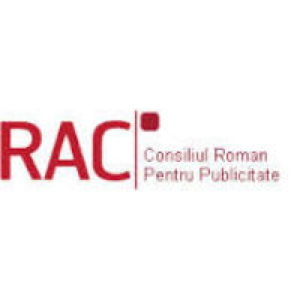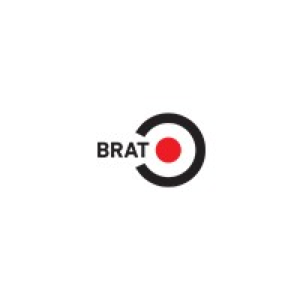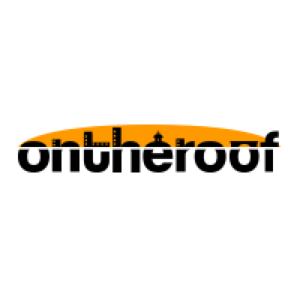For M'hammed Kilito, the purpose of photography is to get people to think and reconsider their prejudgments. He doesn't want to tell people that they are wrong or that their idea of other people is wrong and he doesn't want to tell them that they are right either, he just want to make them think. A good photo is a good start to challenge stereotypes and engage reflection.
The subjects I deal with are always related to socio-political issues. I am interested in environmental issues, identity, social determinism, the sociology of work and the human condition. This interest comes clearly from my training in human sciences, says M'hammed.
M'hammed is a documentary photographer based in Rabat, Morocco and holds a Master of Arts in Political Science from Ottawa University and a Bachelor of Arts in Political Science from the University of Montreal.
M'hammed Kilito was invited to Bucharest Photofest with his project, Among you, but due the pandemic times, the event was rescheduled. In this interview, we talk with him about photography, diversity and the challenges of our contemporary society.
In the darkroom
One day in 2007 in Ottawa, Omar, an Egyptian friend who later became an excellent film director and editor came to see me and told me that the Ottawa School of Art was offering scholarships to take art classes. I went to inquire and filled out an application and they actually gave me a scholarship to take a photography course.
One night around midnight, while I was working on my prints in the darkroom preparing for my first exhibition in a café, I ran into Mauricio, a photography professor who used to run the darkroom. He came to see me and told me that he found my images very interesting, they were staged photographs. During that time, I was very influenced by the Spanish photographer Chema Madoz and I can certainly share with you how very poorly I imitated him.
That same evening in the darkroom, I remember it as if it was yesterday, Mauricio started telling me about the director Peter Greenaway, Susan Sontag and Roland Barthes. For instance, it was through the writings of Sontag that I discovered the work of Diane Arbus, Kertesz, Man Ray and Robert Frank and only later that I have seen their photographs. A few months later, I ended up taking a course with Mauricio and I can say that he was the first important person to encourage and push me to do photography, to lend me photobooks and to orient me. He was most certainly an influence and a decisive encounter in the path I have followed until today.
@M'hammed Kilito
Then I had also this very instructive experience being part of the Montreal Photobook Club, where I have learnt so much while exchanging with other photographers who were as passionate as I do about photobooks. I started to discover new photographers, better understand the importance of long-term projects and building a sequence of images. The members of the club used to be so fascinated about the photographers’ statements, the textures of the book covers and the editing of the images. They perceived the books not only as photobooks, but more as objects of art.
@M'hammed Kilito
Culture and context
I think a documentary photographer needs to do his or her research in advance, to understand the subject matter and the culture and context of the work they are preparing to do. Then, I think that the long-term work allows to go deeper and better understand the complexity and the plutralities of the aspects to be treated in order to do a real in-depth work.
@M'hammed Kilito
The causes you are most invested in
The subjects I deal with are always related to socio-political issues. I am interested in environmental issues, identity, social determinism, the sociology of work and the human condition. This interest comes clearly from my training in human sciences where photography is only the continuity and a way to get out of the statistics of the reports and scientific articles whose will is to humanize the statistics and to tell the stories of the people affected.
@M'hammed Kilito
The challenges of our contemporary society
The challenges we are currently facing in Morocco are the societal cleavages and the polarization between the more liberal side of society and the more conservative and religious one. There are several microcosms that are foreign to each other and in the lack of discussion between the two, one can sometimes arrive at a great lack of tolerance towards the other that can even arrive at a form of demonization.
@M'hammed Kilito
Projects that challenged you the most
All the projects I have worked on have been difficult. As a documentary photographer, we are always looking for ways to get the project done. The big challenge for me every time is simply to be able to photograph.Unlike in Bucharest, in Morocco, going out with a camera and a tripod you are stopped by the authorities every time. We are asked for authorization, but when you ask for it, they rarely answer you or give it to you. This can often be restrictive and tiring at the same time.
The “Among You” series, that you’re presenting in Bucharest, portrays Moroccan youth and its challenges and struggles.
@M'hammed Kilito
Diversity and restrictive environments
Morocco is one of the most open Arab and Muslim countries. There are private, semi-public and public environments where young people freely express their identity and sexuality. This depends on several parameters: the social and financial environment in which the young people come from, whether it is a big or small city, the family reference, whether it is rather Middle Eastern or Western.
That said, there are traditional and conservative norms that are quite pronounced, which thanks to globalization, to young people who take risks by fully assuming themselves, are pushing the red lines more and more and taking more space imposing who they are and engaging the debate. All this to say that it is necessary to remain in the nuance. I hope that little by little there will be more tolerance towards the other and that everyone can express themselves freely without being judged.
The message you are trying to convey
I think a lot before going out and taking the pictures. My visual identity is clear and the message I want to convey, which is the decisive element for me, is well worked out beforehand.
The impact of your work
It's always a difficult question, because I would love my photographic work to make a real change, but it remains difficult.
My interest in photography is to get people to think and reconsider their prejudgments. I see it as a tool that invites to deconstruct in order to better reconstruct. I am interested in other people and how people think about other people. I don't want to tell people that they are wrong or that their idea of other people is wrong, I don't want to tell them that they are right either, but I just want them to think about the work I present. For example, several times I've been told that the young Moroccans in my photos don't look Moroccans. I just ask them in return what it means to look Moroccan? I think that's a good start to challenge stereotypes and engage reflection on how quickly change is taking place in our societies.
@M'hammed Kilito
The role do social media
My account brings me traffic, but not opportunities. Maybe it is different for fashion and editorial photography than in documentary. As far as I'm concerned, opportunities come from working with passion and developing your network.
I would rather have 200 followers who are curators, festival directors, art critics or important cultural actors who follow the evolution of my work and the development of my visual language through time than just followers to get likes and boost my ego without really impacting my career.



